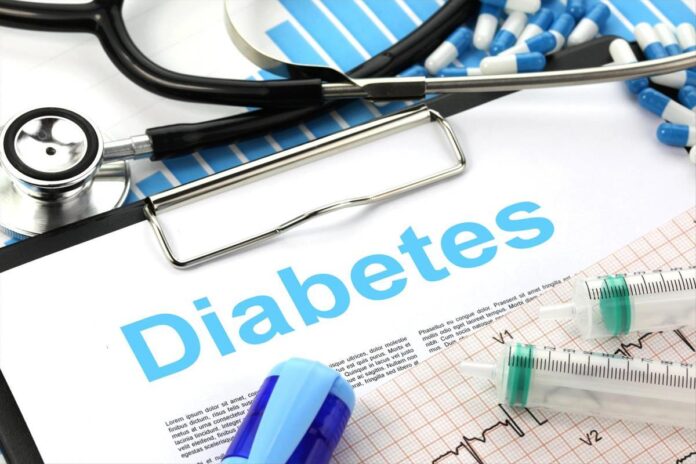
Diabetes is a chronic condition that affects millions of people worldwide. It occurs when the body is unable to produce enough insulin or properly use the insulin it produces, leading to high levels of sugar in the blood. Managing diabetes involves making lifestyle changes, including following a healthy diet.
One of the most important aspects of managing diabetes is knowing what foods to eat and what foods to avoid. In this article, we will provide you with the ultimate diabetes food list, including what to eat and what to avoid.
What to Eat
1. Fruits and Vegetables
Fruits and vegetables are an essential part of a healthy diet for everyone, including people with diabetes. They are low in calories and high in fiber, vitamins, and minerals. Some fruits and vegetables are especially good choices for people with diabetes because they have a low glycemic index, meaning they won’t cause a rapid increase in blood sugar levels. Examples include berries, apples, citrus fruits, broccoli, and leafy greens.
2. Whole Grains
Whole grains are an excellent source of fiber, which helps regulate blood sugar levels and reduce the risk of heart disease. Some examples of whole grains include brown rice, quinoa, oats, and whole wheat bread. Choose whole grains over refined grains like white rice and white bread, which can cause blood sugar levels to spike.
3. Lean Proteins
Proteins are essential for maintaining muscle mass and keeping you feeling full and satisfied. Choose lean protein sources like skinless chicken, turkey, fish, beans, tofu, and low-fat dairy products. Avoid high-fat meats like bacon and sausage, which can increase your risk of heart disease.
4. Healthy Fats
Healthy fats, such as those found in avocados, nuts, seeds, and olive oil, can help improve insulin sensitivity and reduce inflammation in the body. Limit saturated and trans fats found in fried foods, processed snacks, and fatty meats, which can contribute to insulin resistance and other health issues.
5. Low-Fat Dairy
Dairy products are a good source of calcium and protein, but they can also be high in saturated fats. Choose low-fat or fat-free dairy options like skim milk, Greek yogurt, and cottage cheese to keep your blood sugar levels in check.
What to Avoid
1. Sugary Foods and Beverages
Foods and beverages high in added sugars can cause a rapid increase in blood sugar levels. Avoid sugary drinks like soda, sweetened tea, and juice, as well as desserts like cake, cookies, and candy. Opt for unsweetened beverages and choose desserts sweetened with natural sweeteners like stevia or honey in moderation.
2. Refined Grains
Refined grains like white rice, white bread, and pasta have been stripped of their fiber and nutrients, causing them to raise blood sugar levels quickly. Choose whole grains instead, which will keep you feeling full and satisfied for longer.
3. High-Fat Meats
Meats like bacon, sausage, and fatty cuts of beef can increase your risk of heart disease and contribute to insulin resistance. Choose lean protein sources like chicken, turkey, fish, and plant-based proteins like beans and tofu instead.
4. Processed Foods
Many processed foods are high in refined sugars, unhealthy fats, and sodium, which can negatively impact your blood sugar levels and overall health. Limit your consumption of processed snacks, frozen meals, and fast food, opting instead for whole, minimally processed foods.
5. Alcohol
Alcohol can interfere with blood sugar levels and may interact with diabetes medications, leading to an increased risk of hypoglycemia. If you choose to drink alcohol, do so in moderation and always with a meal.
In conclusion, following a healthy diet is essential for managing diabetes and reducing your risk of complications. By choosing nutrient-dense foods like fruits, vegetables, whole grains, lean proteins, and healthy fats, and avoiding sugary foods, refined grains, high-fat meats, processed foods, and alcohol, you can keep your blood sugar levels in check and improve your overall health. Consult with a healthcare provider or registered dietitian for personalized nutrition advice and guidance on managing your diabetes effectively.

















